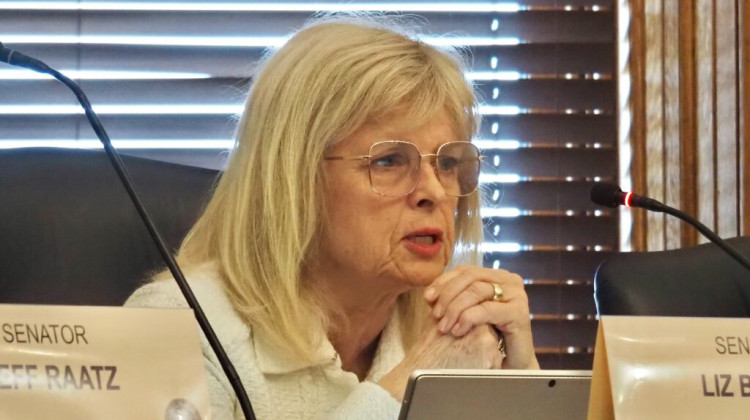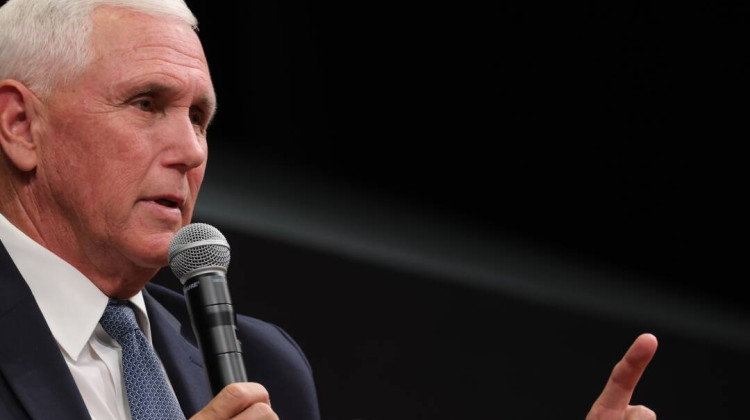
The National Consumer Law Center recently identified Indiana as having weak debt protections laws, and some advocates are concerned about how this is affecting consumers.
PixabayThe National Consumer Law Center recently identified Indiana as having weak debt protections laws, and some advocates are concerned about how this is affecting consumers.
Erin Macey is the director of the Indiana Community Action Poverty Institute, a group that participates in research and policy advocacy to advance Hoosier’s financial well-being. She said two bills in 2024, one in the House and one in the Senate, could harm financial protections for people in Indiana.
Macey said one bill shortens the time Hoosiers have to dispute certain charges with their banks.
“Senate Bill 188 reduces the statute of limitations for someone to challenge an issue with their checking or savings account, such as being charged an overdraft fee that they felt was unfair, and it challenges the amount they could recover,” she said.
Macey testified in a Senate committee about the bill and argued less time to dispute could lead to more overdraft fees and trouble for Hoosiers
“The example that I gave in the committee hearing is that if I make four small purchases that I know I have the money for in my account, and then a larger purchase later that maybe I don't have the money for, and I anticipate I'm going to be charged one overdraft fee,” Macey said. “Those transactions might be reordered and I get charged five overdraft fees. So that's one of the issues that might be challenged.”
Join the conversation and sign up for the Indiana Two-Way. Text "Indiana" to 765-275-1120. Your comments and questions in response to our weekly text help us find the answers you need on statewide issues, including our project Civically, Indiana and our 2024 legislative bill tracker.
She said this bill is not the first time the statute of limitations was shortened,
“It’s putting a two-year window where previously, we had a six-year window, and actually just a couple of years ago, we had a 10-year window,” Macey said.
Macey said another bill would allow banks to assume Hoosiers agree to changes to their bank accounts if they don’t respond to communication from the bank and continue to use their accounts.
“House Bill 1284 essentially says that if your bank or credit union sends you a written notice of a change or additions to your contract, that they can interpret your silence and your continued use of the bank account as you agreeing to that change,” she said.
Macey said Hoosiers should be extra vigilant about responding to and watching out for communication from banks.
She said for consumers who may have complaints about an overdraft fee or to address or dispute a certain charge on a checking and savings account, the Consumer Financial Protection Bureau has a complaint portal.
Both measures have moved forward to their opposite chambers for consideration.
Violet is our daily news reporter. Contact her at vcomberwilen@wfyi.org or follow her on Twitter at @ComberWilen.
 DONATE
DONATE







 Support WFYI. We can't do it without you.
Support WFYI. We can't do it without you.